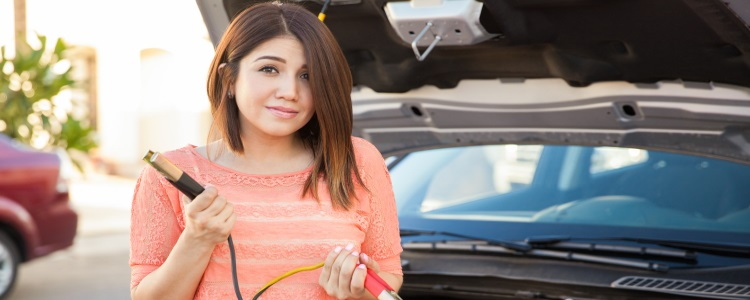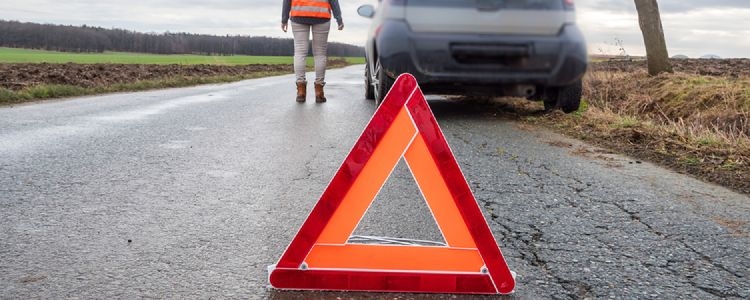The Car Care Council has some auto care tips you can follow to make sure your vehicle delivers a stress-free summer road trip.
Summer Road Trip Season
 As we move into summer, road trips become increasingly popular among families and groups of friends. Some people can't get enough of the open road.
As we move into summer, road trips become increasingly popular among families and groups of friends. Some people can't get enough of the open road.
But you need to make sure your car is up to the task, as heat can adversely affect your vehicle. This is even truer if it has not been properly maintained.
AAA expects to be called by over seven million drivers who are either stranded or having car trouble this summer. The travel agency also reports that four out of every 10 drivers aren't prepared for vehicle breakdowns.
The Car Care Council, a non-profit organization that educates consumers on the importance of taking care of their vehicle, wants to let you in on a secret: many motorists can avoid being stranded just by performing a vehicle inspection before you take off.
In this case, you can avoid the inconvenience and costs of a roadside breakdown by taking a few proactive steps. Start by following the council's pre-road trip auto care steps.
Auto Care Steps from the Car Care Council
Here are the auto care steps you should take before a trip to make sure your car is ready for the road. You should check your vehicle's:
- Battery. People think it's only the cold that can do in car batteries, but excessive heat also shortens their life. Batteries normally last around three to five years, but the tricky thing is, they normally do not show signs of decline before they die. So, if yours is close to three years old or older, it's important to periodically have it tested, especially before a road trip.
- HVAC System. Could you imagine a long road trip without air conditioning? If your car's A/C doesn’t blow as cold as it once did, you may want to have it inspected before a long trip.
- Fluids. Engine oil, transmission, brake, antifreeze/coolant, windshield washer, and power steering. These fluids are the lifeblood of your vehicle that keep it running as it should. Your owner's manual should give you some insight into when each one typically needs to be changed.
- Wipers and Lights. Your windshield wipers and the various lights inside and out are critical to your ability to operate your vehicle safely. Without your lights and turn signals, it's tougher to indicate when you are changing lanes, braking, backing up, making a turn, and more, which can compromise your safety. You need to be able to see, and other drivers need to be able to see you. So, replace any broken lights and/or worn wiper blades before starting your trip.
- Tires. Tire pressure is critical to achieving maximum vehicle performance and staying safe. So, make sure yours are properly inflated before taking off on a trip. Additionally, make certain there are no bulges, cracks or bald spots on any of your tires. You will also want to inspect your tread. If uneven, you may want to have your wheels rotated and/or aligned before the trip. If too damaged, you may want to have your tires replaced.
Don't forget about your brakes, either. The Car Care Council also recommends that you pack an emergency kit, or restock the one you already have. It should at least include a first aid kit, nonperishable food, water bottles, a cell phone charger, and road flares and/or reflective triangles.
The Bottom Line
These auto care steps can help you avoid car problems that could throw a wrench into your road trip plans. Save yourself the stress and costs that come from a vehicle breakdown with a simple pre-trip inspection.
A final tip: If you need a car loan but your credit is holding you back, Auto Credit Express may still be able to help. We connect car buyers to local dealerships that specialize in helping people dealing with less than perfect credit.
Get started by filling out our free and secure car loan request form today.


















